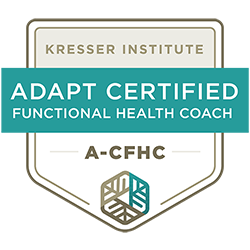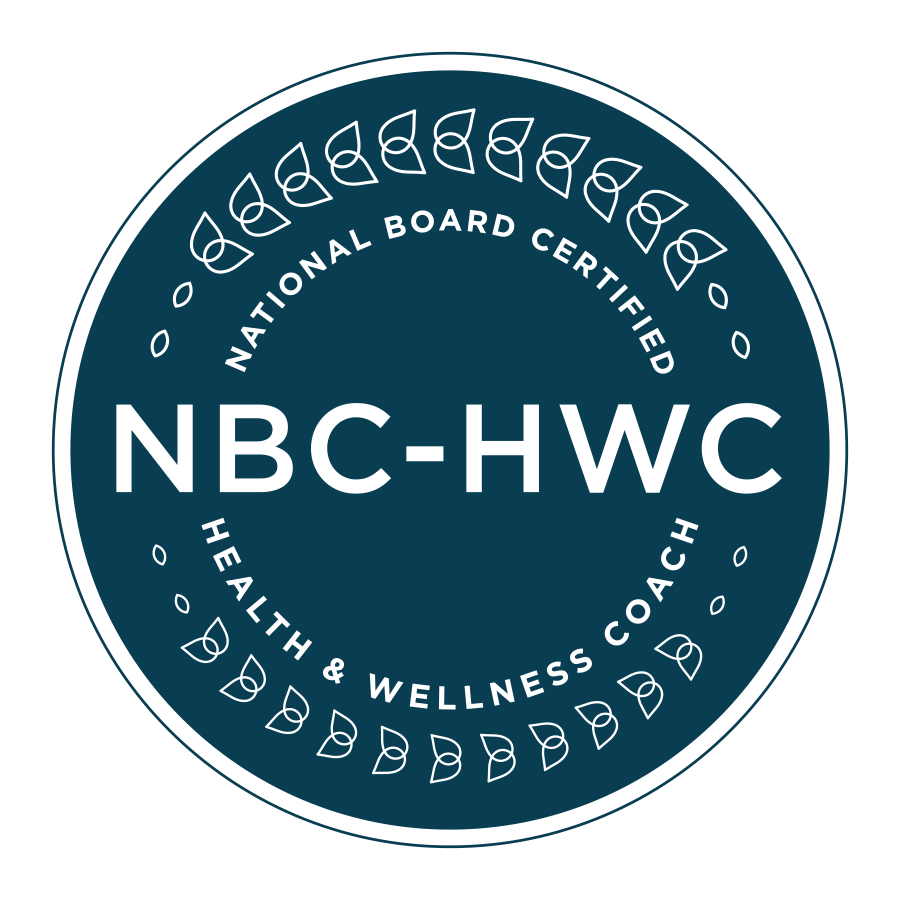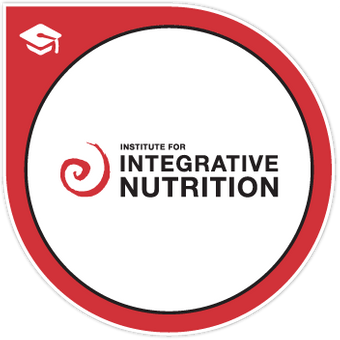
One chilly morning in February this year, I was sitting in Bettys. Everyone who loves the tradition of afternoon teas knows this cafe-cum-cake shop that’s an institution inside and outside of its home in Harrogate.
There was a lady sitting next to me with her husband, both of them 70 (or so) years old. Not a single thread was misplaced in her mustard yellow dress and his not-quite-office-grey suit: they were both so elegantly turned out that they could have been the day in 1953 marking the attending Queen Elizabeth II’s Coronation back in 1953.
I was trying not to be too obvious as I looked over at their table to see what they had ordered.
I’m sure I counted six in total. Maybe it was more.
Six teaspoons ferried from the silver sugar pot directly into the finest bone China cup full of hot breakfast tea.
I wondered – incredulously for a split second – if it was possible to stir tea with that amount of sugar!
I wondered about the story she might tell about her love of sweet tea: “I can’t drink plain tea without sugar. I’ve had a cup of tea with six sugars every day since I was 18.”
I noticed her hand tremors as she went back for each sugar-laden spoonful, and wondered whether she had Parkinson’s or maybe some other degenerative brain condition.
Her husband spread the butter on his toast with the delicacy of a mechanic road digger, his knife juddering all over the place. He had only stirred in four teaspoons of sugar in his coffee.
I scanned the other tables spotting glass after glass of freshly squeezed orange juice, children and adults alike imbibing the orange monstrosity.

Is your morning drink shrinking your brain?
I sat there tucking into my scrambled eggs and salmon wondering if anyone knew how these breakfast beverages were shrinking their brains. Literally.
The freshly squeezed juice you gulp with your breakfast and your sweetened hot drinks elevate your blood sugar levels, impact your hippocampus – the HQ for your memories – and promote neuroinflammation 1.
Those downstream harmful effects on your brain result from excessive consumption of refined sugars and carbohydrates.
Even if you’re not a Type 2 Diabetic who needs to limit sugars, higher blood glucose levels and frequent blood glucose fluctuations increase your risk of cognitive impairment, reduce your brain volume and reduce your cognitive performance. 2, 3
The brain can even become insulin resistant when you have a chronically high intake of sugar. Brain insulin resistance occurs when the cells of your brain become insensitive to insulin. And if you have this, you’re at a greater risk for neurodegenerative diseases such as Alzheimer’s and Parkinson’s.
In short, your brain shrinks and performs sub-optimally.
So, does your glass of freshly squeezed orange juice have excess sugar? Yes!
A glass of freshly squeezed orange juice contains the equivalent of eight teaspoons of sugar.
That’s about the same amount of sugar that’s in a can of Coke, and only two spoonfuls more than the lady was adding to her tea.
You might be avoiding fizzy drinks already, but are you also avoiding fruit juices and sugary hot drinks for the same reason?
“But oranges are really healthy. There’s lots of vitamin C“, I hear you say.
True, but the vitamin C doesn’t negate the problems of excess sugar in a glass of juice.
Once your Coke, orange juice or sweetened tea or coffee is sitting in your gut, your body treats it as sugar. There are some underlying differences in the metabolism of different types of sugar, like fructose and glucose, but the downstream consequences of these sugary drinks are the same: a shrinking, low-performing brain.

Over to you!
It can be tempting – particularly if you’re staying at a hotel with lots of jugs of different, colourful fruit juices with tempting, yet deceptive, names like “Healthy Morning Vitamin Boost” or “Morning Revitaliser”.
They really should be called “Shrink Your Brain Elixir” or “Fast Track to Alzheimer’s”.
The next time you open your fridge or see a smorgasbord of juices at a breakfast station, I invite you to skip the glass of juice or added sugar in your tea or coffee.
If you feel you need something sweet, have a piece of fruit instead.
Whole fruit contains fibre and other nutrients, and the fructose sugars are found in that natural context. Your body knows what to do with them. It’s difficult to eat the same number of oranges that are contained in a glass of orange juice, so you’ll not be left with an excessive blood sugar spike.
Optimal brain performance, and living to an old age without a neurodegenerative condition is not wishful thinking. The tools for changing your course are in your control, including managing your environmental toxin burden, bringing joy and fun into your life, and being smart about your gut health. I’ll be sharing more about these in future articles.
Is it time to look after your brain, so it will look after you?

If you have a sweet tooth …
… you may find it easier to cut back completely. If you want a shortcut to optimal brain health, download my free reset guide. It helps you focus on eating nutrient-dense foods and reduce your dietary sources of inflammation.
Clients, friends and family who have tried it report better skin, better sleep, more energy, weight loss. Yes, there are 3 to 4 harder days when their bodies (and mine – when I did it) really wanted the sugar hit, but after that, their taste palettes changed and they found what they ate before tasted too sweet.
As always, if you have any doubts about the changes you want to make, please reach out to me and I’ll find a way forward with you, which – depending on your circumstances – may involve me putting you in touch with a qualified medical professional. Or feel free to consult your trusted medical professional in the first instance.




